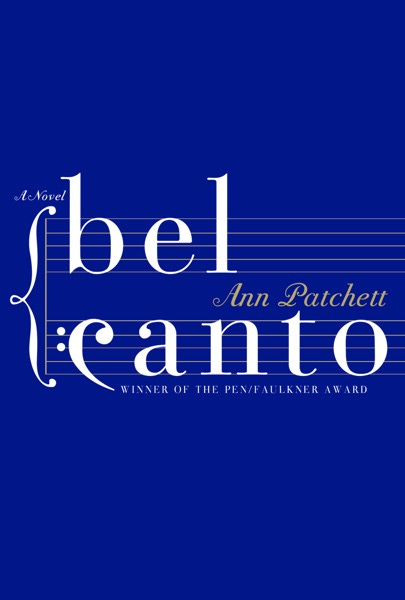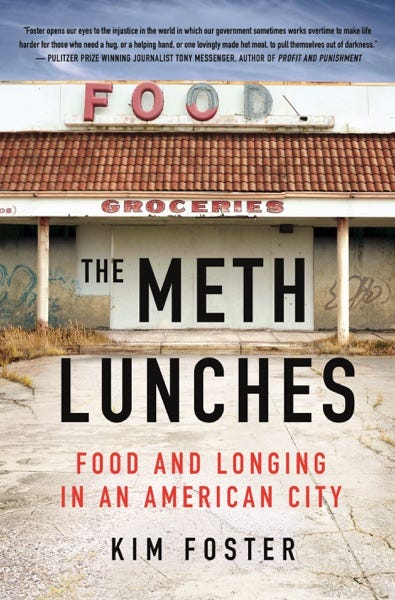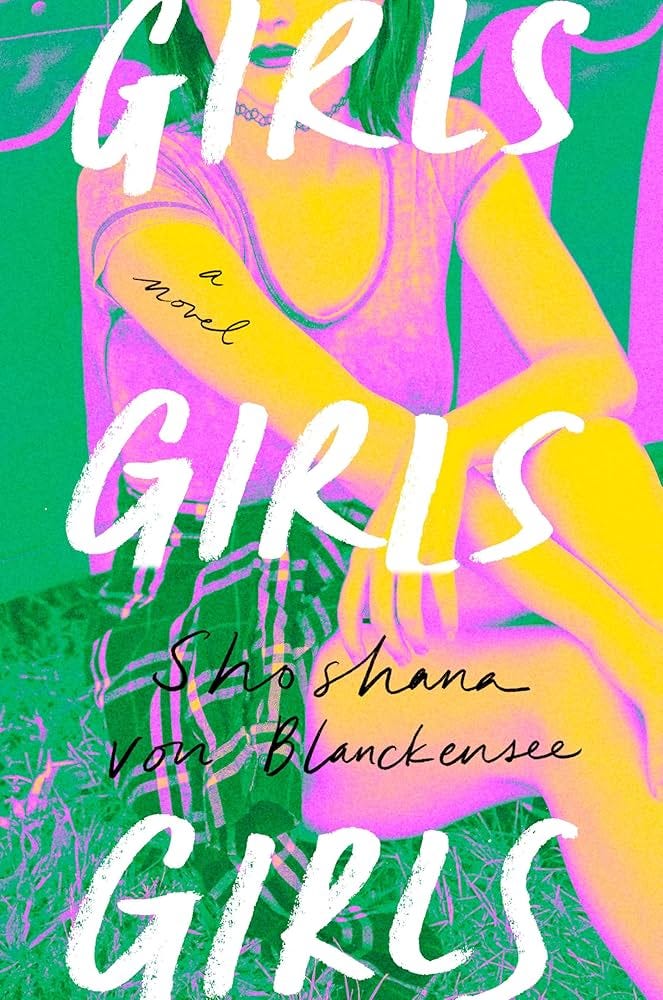If you can’t tell, we’re ready for summer. You’ve probably seen our summer TBRs and reading recommendations. With that in mind, we’d love to hear what you're reading this season in the comments! Now that we’re almost in the full swing of the season, here’s what we have on deck for you: a literary classic from a Pulitzer Prize finalist, a deep dive on meth and food insecurity, and a coming-of-age novel that Madeline’s calling one of her “books of the summer.”
This issue is also coming off the heels of a Read Receipts first, which is that we read 12 unique books last month! Usually, our end-of-month round-ups have some overlap, but we were tickled to discover that everything we read in May were first-timers in the Read Receipts Universe. If this was the reading competition at our local library, we’d definitely have won a prize. Keep an eye out for our weekly sends, aka our Monthly Musings, to get all the details on what we read every month.
Don’t forget your SPF,
Barb, Kelsey, and Madeline
Don’t forget to follow us on Instagram for more content between sends, including our author interview series, Suggested Texts. Recent features: Lana Schwartz, Ezra Kupor, and Claire Parker.
Barb
I’ve declared the next few months my ‘backlist summer.’ Partially inspired by The New York Times’ 100 Best Books of the 21st Century and also my burgeoning Libby holds list, backlist books are a great way to check titles off a bucket list and avoid decision paralysis that can come with what new release to read next. Fortunately, I didn’t have to venture far to find my first backlist title: Bel Canto by Ann Patchett, which came out in 2001. Last summer, after reading Tom Lake, one of my friends lent me her copy; I’m embarrassed to admit it’s been on my nightstand ever since (sorry, Kara!) After listening to Becca Freeman and Olivia Meunter talk about their backlist summer reading lists, I was re-inspired to pick it up.
Bel Canto is a novel about a hostage situation in an unnamed South American country, inspired by the real-life crisis that took place in Lima, Peru, in 1996, lasting 126 days. In Patchett’s fictional version, guests from all over the world are gathered at the Vice President’s home for a birthday party in honor of a powerful Japanese businessman when a band of terrorists invade the residency and hold everyone captive. Despite its intense plot, I was surprised how sensible the characters were as they navigated their internment. I think I probably had some recency bias from Anxious People by Frederick Bachman, which has a similarly-contained setting, but a more dramatic “reveal” about how all of the characters’ lives were intertwined. There were moments reading Bel Canto where I craved a bit more backstory and internal dialogue, but the book’s smart and subtle humor made up for it, especially from the translator, Gen, who found himself in increasingly awkward situations while trying to accommodate everyone’s language needs in extremely tight quarters.
This is the second Patchett novel I’ve read, and I really enjoy her prose. I’m excited to dive deeper into her back catalog. Perhaps The Dutch House? Or Commonwealth? And if you’ve read Bel Canto, I’d love to discuss the book’s controversial epilogue with you.
Read if you’re nostalgic for assigned summer reading
RIYL: Anxious People, A Gentleman in Moscow
Kelsey
As my colleague and I were walking through Central Park on our way to play corporate softball, she asked me if sharing what I read with an audience ever influences what books I pick up. I paused for a second, thinking how it was a good question. I realized that Read Receipts doesn't necessarily dictate what I decide to read each month. I will read both a silly celebrity memoir, some gritty nonfiction, and then probably another book on Condé Nast. I proceeded to tell her about the book I was currently reading, The Meth Lunches. I cannot remember where I originally saw it recommended, but I blindly borrowed this James Beard Award-winning writer’s book from the library while I was between waitlists. Now, I’m sitting here, scratching my head as to why I never saw anyone talking about it when it was published.
In her book, Foster explores poverty, mental illness, homelessness, welfare, racism, foster care, and meth addiction through the lens of food and community. The Meth Lunches was published in 2023, so everything feels incredibly current. Foster spends a lot of the book talking about the free food pantry she hosted in her front yard during the pandemic. The level of empathy she and her family showed was not only heartwarming, but also gave an enlightening perspective on systematic issues. I am never going to look at a community park or a McDonald’s the same (positive) after reading this. I know when I really like a book, I look forward to the next time I get to read it, and I am subconsciously hoping someone will ask me what I am reading so I can gush about it. This is how I felt about The Meth Lunches.
Read after donating to a community fridge
Best if you liked: Raw Dog, Empire of Pain, John Oliver
Madeline
For the past few years, I’ve been on a journey to declare my own personal “book of the summer.” By that I don’t mean the absolute best book of the summer, rather, the book I try to convince my friends to read all season long. Two years ago, It was Yellowface by R.F. Kuang, last year it was Honey by Isabel Banta. This year, there are a few contenders, and Girls Girls Girls (out June 17th) by Shoshana von Blanckensee is definitely one of them.
This debut novel has everything I want in a summer read: it’s plot-forward and propulsive, the characters are lovable, and the themes are conversation starters, aka I want to talk to people about them. The novel follows Hannah and Sam, two teenage girlfriends who embark on a cross-country road trip in the summer of 1996 to escape their stifling Long Island hometown in hopes of finding queer community (and, in turn, themselves) in San Francisco. When they pick up stripping to pay the bills, Hannah and Sam’s relationship gets complicated — even more so once Sam starts to make new friends and flourish while Hannah becomes entangled with a much older client.
The novel also gets into Hannah’s relationship with her Orthodox Jewish mother, who doesn’t accept her sexuality, her younger sister who feels left behind, and her grandmother, who may be the only person who really sees Hannah for who she is. Girls Girls Girls is a tender, heart-wrenching, but ultimately hopeful book, and I couldn’t help but root for Hannah and Sam throughout. It may just be my book of the summer.
Read after booking a trip with your best friends
Best if you liked: Old Enough, Honey, Blue Sisters, All-Night Pharmacy
All books can be found at Books Are Magic, McNally Jackson, Greenlight Bookstore, and other independent bookstores, but if you don’t live near one, you can also click the links to support independent bookstores through Bookshop.org.





